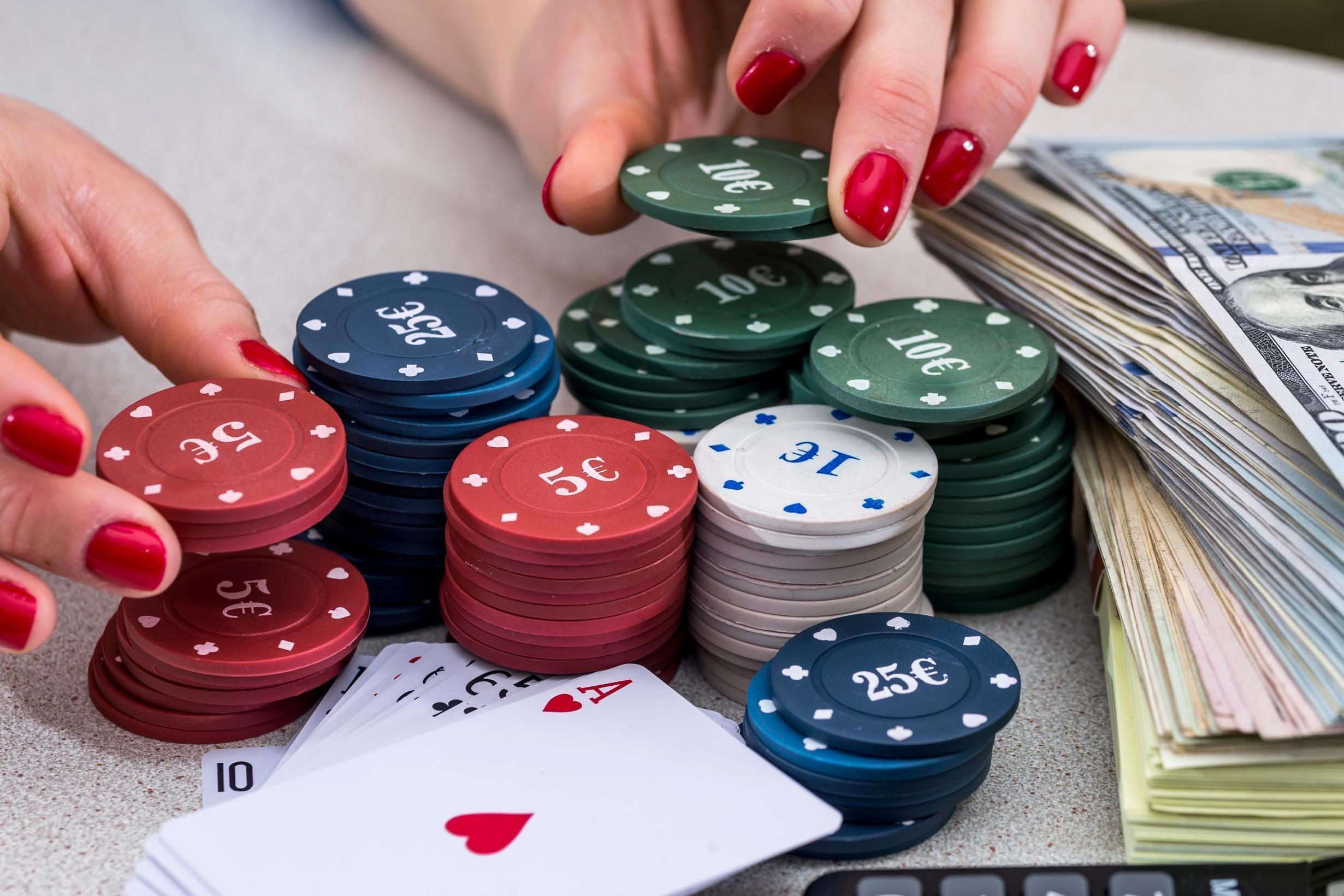The Independent's journalism is supported by our readers. When you purchase through links on our site, we may earn commission.
A writer who learned how to play poker for a book wins £95,600 and becomes a professional
Maria Konnikova has postponed the release of her next book

Maria Konnikova didn’t know anything about poker a little over a year ago - now the New Yorker writer and best-selling author has won more than £95,600 ($130,000) playing the card game.
After the success of her previous books, including “The Confidence Game: The Psychology of the Con and Why We Fall for It Every Time,” Konnikova decided she wanted her next book to be about luck.
She told The Independent: “I was thinking about my next project on luck and whether we can learn to tell the difference between skill and chance and how much we really control.”
A friend suggested she check out “Theory of Games and Economic Behaviour,” a book by John Von Neumann, which to Konnikova’s surprise was born out of Von Neumann’s desire to solve poker.
Interested in Von Neumann’s theory that the game of poker is a metaphor for life, Konnikova decided to try her hand at the card game.
Taking a year off from the New Yorker to hone her skill, Konnikova turned to the pros for lessons - recruiting Erik Seidel, who she referred to as “one of the best poker players in the world.”
At first, her foray into poker went as well as you would expect from a novice.
“I was doing horribly but I really worked hard. At first, I didn’t do well. I was really scared. I had never played live poker before,” she recalled. But then she started to win.
She told us: “I started living and breathing poker.”
For her first big high-stakes game, Konnikova played at the prestigious PokerStars Championship Monte Carlo. She came in second place.
From there, “I started winning pretty consistently,” she said.
Now, playing professionally, Konnikova believes she comes to the table with both advantages and disadvantages.
“Of course, with anything, practice and repetition make you better so it is a big deal to have experience,” Konnikova told us.
But, on the other hand, “unlike a lot of poker players, I had a career and another life and I bring a lot of skills and perspective.
“I am going in as an outsider with a fresh set of eyes,” she said.
She credits part of her success to her career as a writer - “I think it is incredibly helpful I am a writer because I observe other people like a fly on the wall and just take it all in.”
This observance is key when competing in a high-stress environment such as a poker game - as is Konnikova’s background in psychology.
With a significant amount of experience studying emotional decision-making, including how people make decisions under pressure, Konnikova has been able to identify when she or other players are making decisions based on emotion or stress.
Caught in the Berlin poker heist
Show all 5“Emotional decision-making is exactly what poker is,” she said. “You can actually see it happening. Even the most mathematical stoic players are not computers” - herself included.
Konnikova acknowledges that she can tell when someone may be making an emotionally-charged decision, however, she is also aware when she is doing the same.
“You are playing for hours and hours and it breaks you down to the point you are going to be tired and emotionally depleted,” she told us. “That is going to make your emotions rawer and you can see how it affects them and potentially take advantage of that.
“But it is happening to me too and I have to be aware of that.”
This ability to accurately read people doesn’t always translate to determining when people are lying - although it does help.
According to Konnikova: “There aren’t any universal signs of deception. It is not like people blush or their eyes get shifty. It is unique to the person or situation.”
She can, however, pick up on subtle changes, which may be a sign someone is lying or bluffing.
Despite her previous lack of experience, Konnikova's ability to detect and respond to emotional behaviour, along with her own hard work, has had quite the outcome on her poker abilities.
Now, a year after she picked up her first hand of cards, Konnikova has made a career out of playing professional poker - No Limit Holdem, to be exact.
According to Konnikova, the game is “a very keen analogy for life. It has the perfect balance of the info you have and the info you don’t have.
“It is a really great model for life decision making,” she told us.
And it is this game that has led her to make her next big move - to play poker as a career for the “foreseeable future.”
As for Konnikova’s poker book, “The Biggest Bluff,” the release has been postponed - at the moment she is too busy winning.
Subscribe to Independent Premium to bookmark this article
Want to bookmark your favourite articles and stories to read or reference later? Start your Independent Premium subscription today.

Join our commenting forum
Join thought-provoking conversations, follow other Independent readers and see their replies